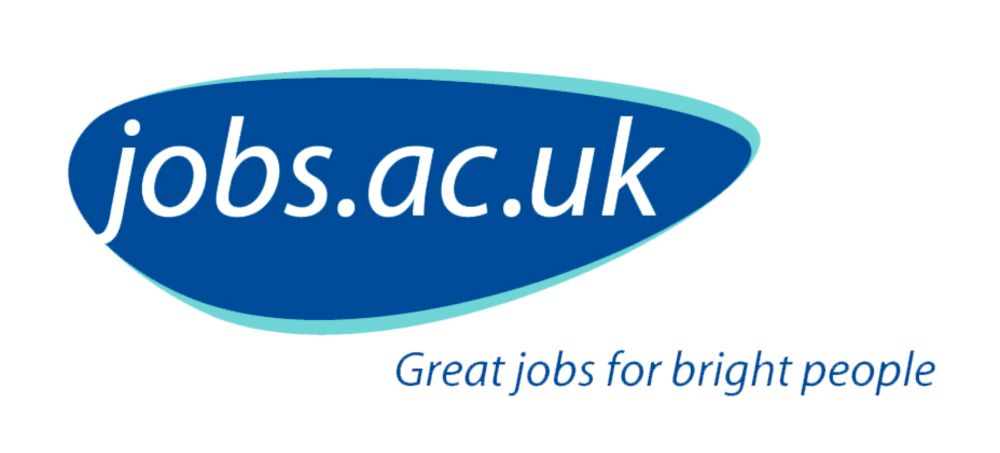
So much for the 'government policy on alcohol taxes is killing pubs' argument.

So much for the 'government policy on alcohol taxes is killing pubs' argument.

In our latest blog, Dr Vera Buss explains how alcohol dependence and harm remain elevated - especially among more disadvantaged groups.
www.ias.org.uk/2026/01/20/h...

In our latest blog, Dr Vera Buss explains how alcohol dependence and harm remain elevated - especially among more disadvantaged groups.
www.ias.org.uk/2026/01/20/h...
www.sciencedirect.com/science/arti...

www.sciencedirect.com/science/arti...
doi.org/10.1371/jour...

doi.org/10.1371/jour...
It's not actually obligatory to drink booze in a pub, plenty of modern non-alcoholic options.
Also let's improve walking routes!

www.morningadvertiser.co.uk/Article/2026...

www.morningadvertiser.co.uk/Article/2026...
open.substack.com/pub/suzigage...
I might be one of the cynics complaining about enforcement though...

open.substack.com/pub/suzigage...
I might be one of the cynics complaining about enforcement though...
We modelled the impact of recent and potential future government policy around hand-rolled tobacco taxes, finding that narrowing the (substantial) price gap with standard tobacco improves public health & narrows inequalities

We modelled the impact of recent and potential future government policy around hand-rolled tobacco taxes, finding that narrowing the (substantial) price gap with standard tobacco improves public health & narrows inequalities


Come and work with some of my fabulous colleagues developing and applying new models of the links between public health and the labour market to explore the impacts of health and workplace interventions.
Closing data 5th Jan:
jobsite.sheffield.ac.uk/job/Research...
Come and work with some of my fabulous colleagues developing and applying new models of the links between public health and the labour market to explore the impacts of health and workplace interventions.
Closing data 5th Jan:
jobsite.sheffield.ac.uk/job/Research...
My guide to data visualization, which includes a very long table of contents, tons of charts, and more.
--> Why data visualization matters and how to make charts more effective, clear, transparent, and sometimes, beautiful.
www.scientificdiscovery.dev/p/salonis-gu...


🎙️Listen to our podcast with Prof Niamh Fitzgerald & Dr James Nicholls🎙️
Links: www.ias.org.uk/podcast/gove...
🎙️Listen to our podcast with Prof Niamh Fitzgerald & Dr James Nicholls🎙️
Links: www.ias.org.uk/podcast/gove...


fingertips.phe.org.uk/profile/loca...
Good to see things heading in a positive direction for a change.
More details in my thread from a couple of months ago:
bsky.app/profile/vict...

fingertips.phe.org.uk/profile/loca...
Good to see things heading in a positive direction for a change.
More details in my thread from a couple of months ago:
bsky.app/profile/vict...
Also note that the call includes epidemiologists and health economists, not just statisticians.

Also note that the call includes epidemiologists and health economists, not just statisticians.


onlinelibrary.wiley.com/doi/10.1111/...

onlinelibrary.wiley.com/doi/10.1111/...
onlinelibrary.wiley.com/doi/10.1111/...

onlinelibrary.wiley.com/doi/10.1111/...

